I’ve been getting copies of scanned pictures from my brothers recently and I thought I would share some of them. They show what it was like growing up as a privileged white male.This is the first house I lived in. The man in front is my step-grandfather. I’m being held by Mom on the front porch.
And another of me with my step-grandfather in front of the same house. As you can see, to live in such a house was almost certainly the envy of the entire neighborhood.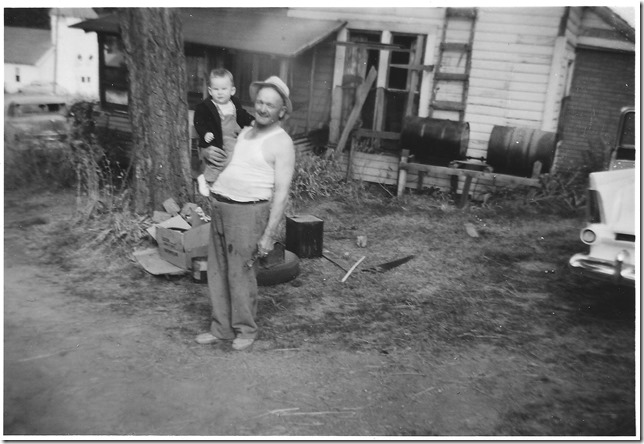
Inside was plush as you can see by this picture of Mom washing dishes. We even had running water and cupboards! There were no doors on the cupboards though. That would have to wait until our next house.
By the time I was three we moved to a bigger, much nicer house a couple miles away. As I was no longer wearing diapers and since we didn’t have an indoor toilet I had a little “potty chair” on the back porch for when it was too cold to go all the way out to the outhouse by myself. And it did get cold at times.
Here is another view of the house and our car with Dad and I.
This is me on the front steps.
During the summer I helped Dad farm. In the picture below I’m taking care of the water jug. It was a one gallon glass bottle wrapped in burlap which was soaked in water to keep it cool. In the background you can just barely see water running down the draw. I used the water there to keep the burlap wet.
When I was four years old we upgraded houses again when Mom, Dad, and my Uncle Doyle purchased some farm land, a house, and other buildings. This house had an indoor toilet! We lived in it for about 10 years. I got my own room when I was a teenager. In the picture below, of the south side of the house, you can see a window of the room I had for a time on the lower left. Around the left corner on the west side of the house was another window.
That single pane window on the west side of the house had a crack in it which had been covered with masking tape. One winter, during a blizzard, it got so cold, the snow was so fine, and the wind so strong that snow came in through the crack and formed a layer of snow on my pillow beside my head. I woke up in the middle of the night dreaming that I was hiding from the abominable snowman in a snow drift.
This is Mom in the flower garden. The front door, seen in the top right of the picture below, could only be opened with great difficulty because the house and porch had settled into the ground different amounts. The porch was at a different angle from the house and the door would bind up against the porch. We almost never used the front door. I think the only time we opened it, part way, was to get some extra air circulation during the summer when it was hot.
The buildings were in poor shape and most of them were torn down within a few years. Here are pictures of some of them.
This is my younger brothers and I with our dog in front of the barn. The barn is the only remaining building and can be seen on this blog as one of the rotating header pictures. Notice my fine fitting tailored jacket and hat? I remember coats being purchased a couple sizes too large and worn until they were a couple sizes too small. It appears the same went for my hat.
This is the first combine I remember. It was a John Deere model 35. Notice the high tech steel wheels. It took one person to drive the cat, one to “punch header”, and one to run the leveling device and brake. The brake worked by pushing a wood block against one of the steel wheels. This combine still exists and is in the picture of the barn linked to above.
I think I was in the third grade when I got the football for my birthday present.
Frequently farming is very dirty work. In the picture below Dad has stopped the tractor and is posing for the picture or you would see a cloud of dust. I know this because I can see the clutch is disengaged and the throttle is at an idle. We still have this tractor and I use it every couple of years to bulldoze dirt for Boomershoot. When I was in the third grade Mom would pick me up after school and take me to the field to drive this tractor by myself until it was dinner time.
Here is a cropped version of the picture above. See how dirty Dad is? The dirt will literally pile up on your arms. You will have to rotate your arm to get the dust to fall off so you can read your watch. When I was driving tractor in the summertime I would sometimes chew gum so I wouldn’t feel the grit between my teeth. After you got off the tractor you would notice your nose was sort of plugged up. When you blew your nose big blobs of mud would come out. We would take baths once a week (whether we needed to or not) and the bathtub had a mud sludge in it when we drained it.
This is the next combine I remember. A John Deere model 45. I rode on the combine a lot.
This is the next combine, a John Deere model 55. With my step-grandfather, grandmother, brother Doug and I. During harvest I rode this combine with Dad until I got big enough, about the fourth grade, to drive the trucks.
A few years after we moved into the house with the indoor toilet Mom and Dad starting building a new house. Digging the basement with the cat turned out to be a bigger job than expected. There was hard rock on one side and the cat couldn’t tear it out.
We ended up using explosives. The loose rock completely filled the previously excavated hole and heaped broken rock up in a big mound over the hole. It took most of the summer, bulldozing between the farm work, to clean the rock out of the hole in the ground that was to become the basement.
Here is Dad and I (top center) working on the new well when I was 12 years old.
I drove lots of nails, carried tons of lumber, sheetrock, tar paper, roofing, and other building supplies. I also did a lot of the electrical work and helped with the plumbing.
We moved in just before I graduated from the 8th grade. This is what it looked like.
I’m leaving out the parts about the two room school house with eight grades, the abusive older classmates, the teacher with a duplicate personality of Captain Queeg* I endured for three years. And there is also the part about painting houses and doing electrical work while living in a lumberjack bunkhouse to pay for most of way through college to get my electrical engineering degree.
And that is how I came to live in a nice house and have the life of a privileged white male.
* I read the book in high school and cried myself to sleep each night after reading it and having flashbacks of life in grade school. The same happened when I reread it in late college. I expect the same would happen if I were to read it again today, many decades later. The guy, in essence, had two different personalities. The personality on display to adults was the polar opposite that which frequently came out when there were only kids around. They didn’t get rid of him until after I had graduated from the eight grade. I made numerous plans to shoot and kill him but I wasn’t completely sure I would get away with it.

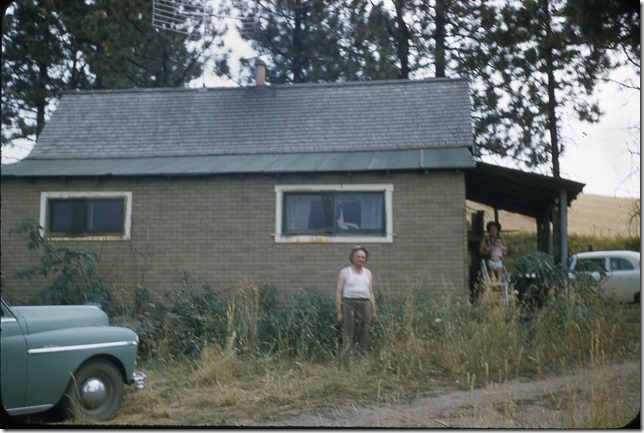
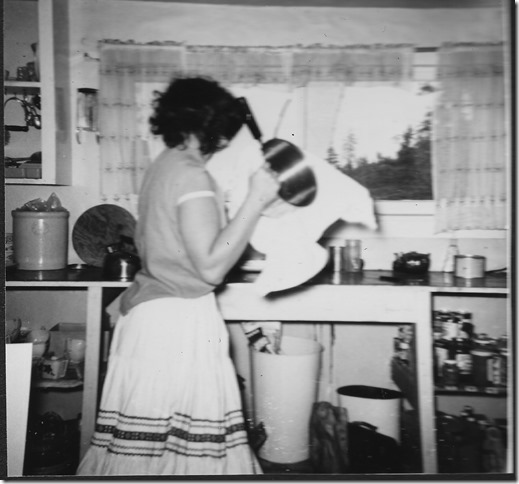
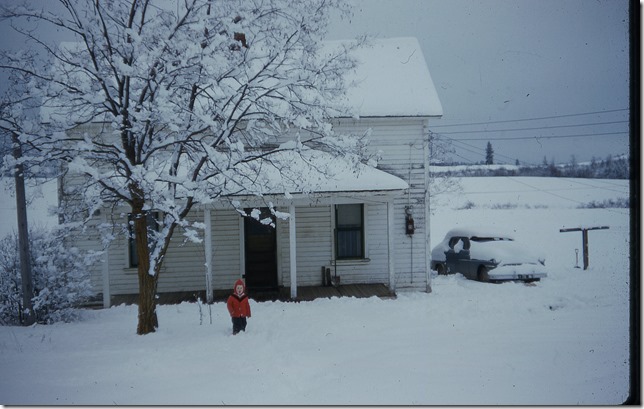
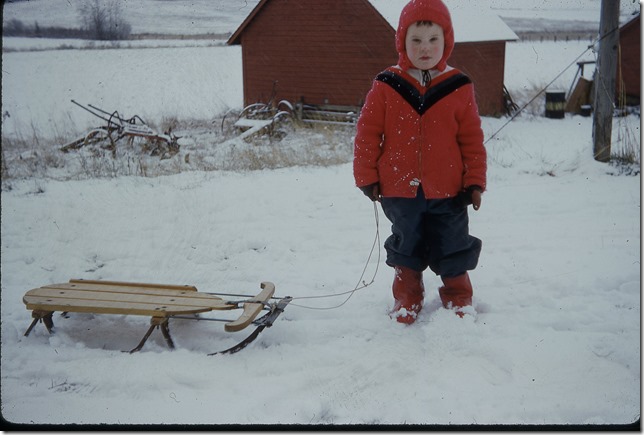
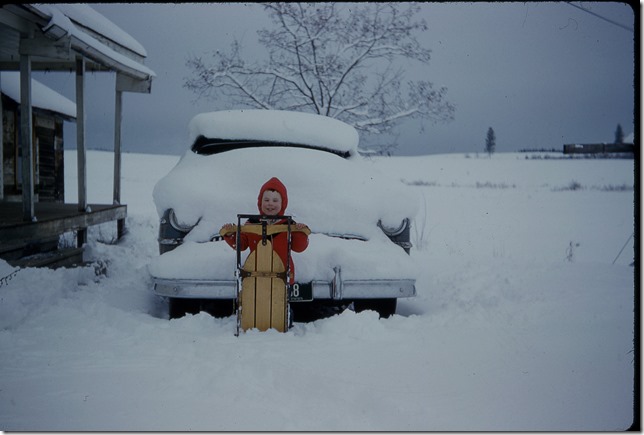
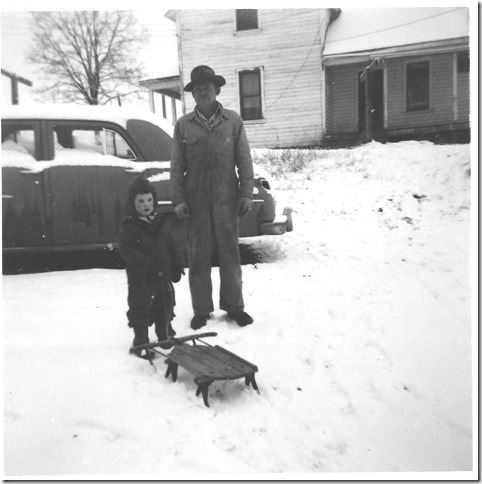
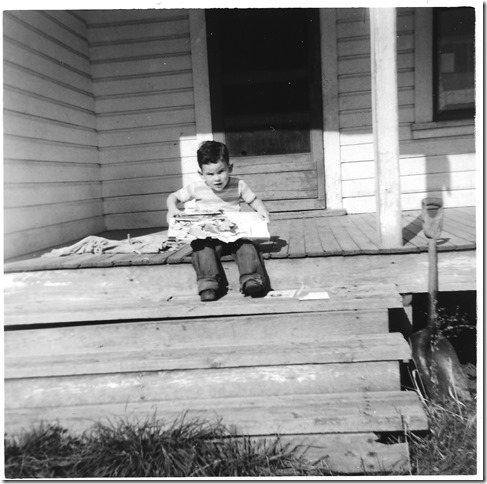
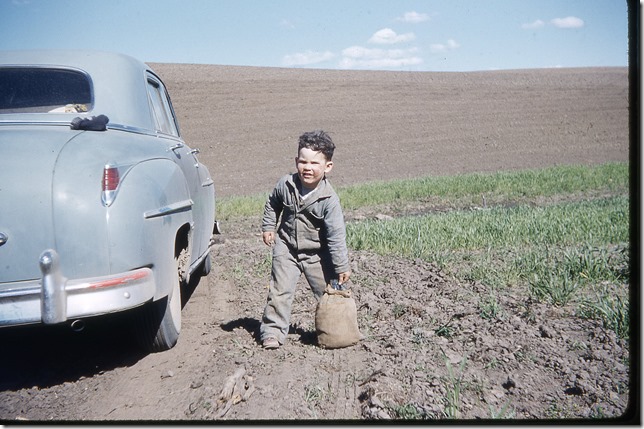
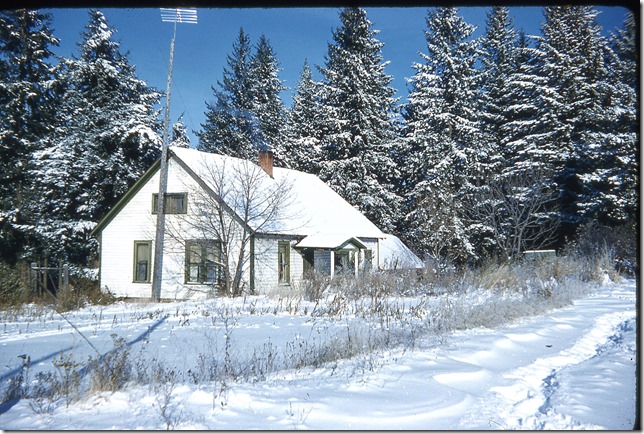
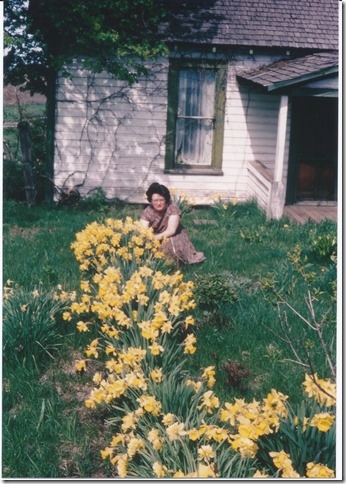
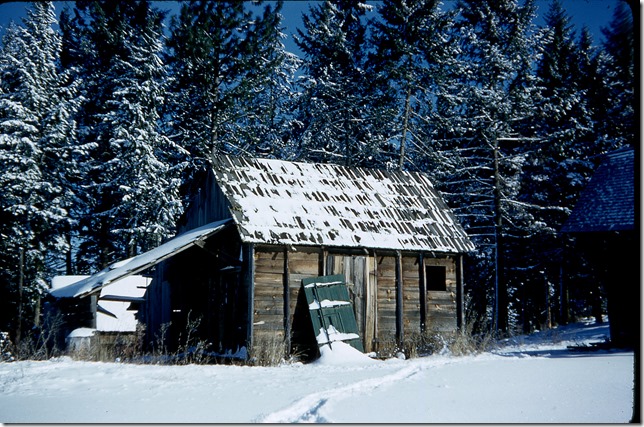
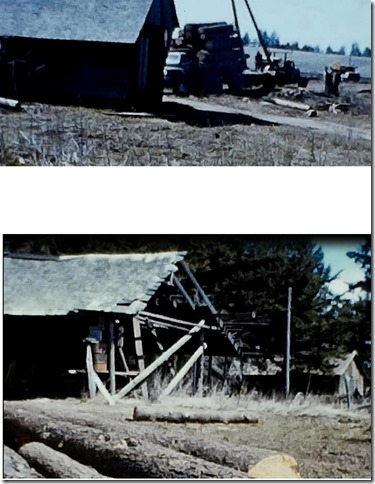
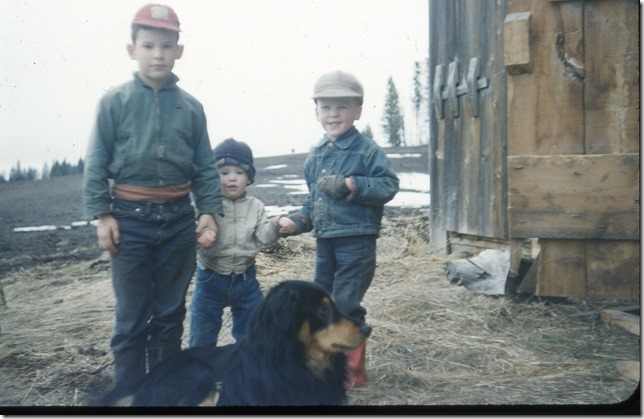
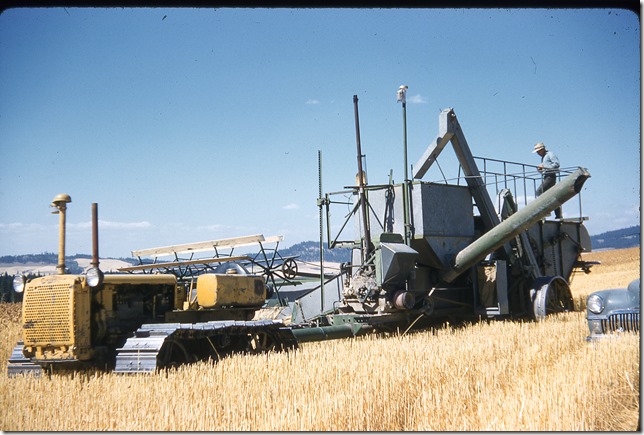
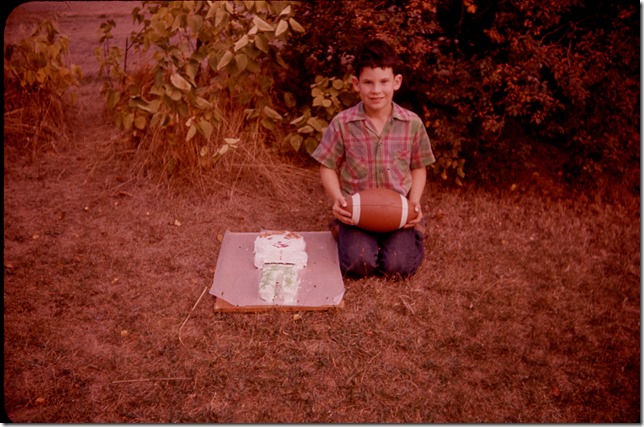
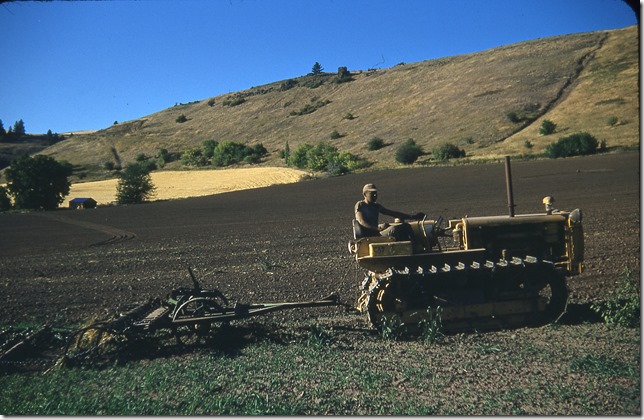
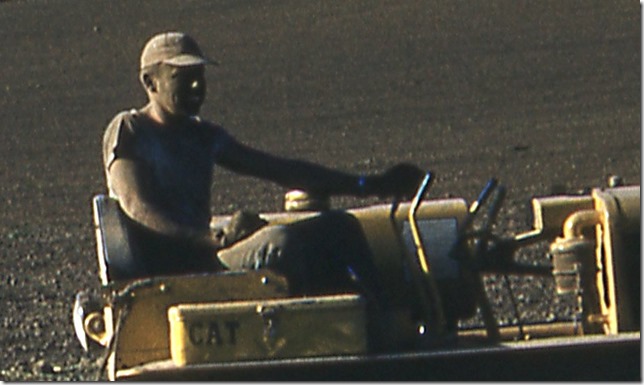
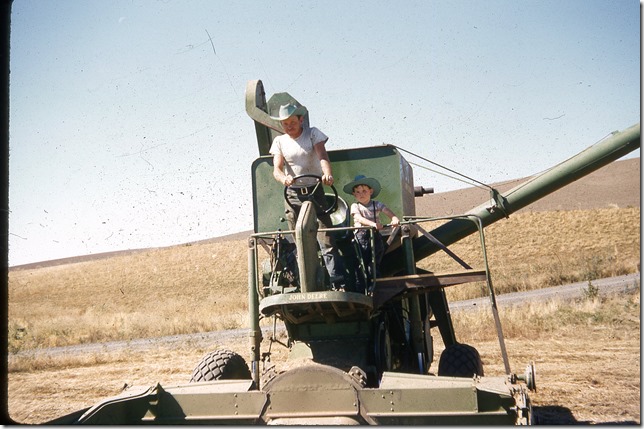
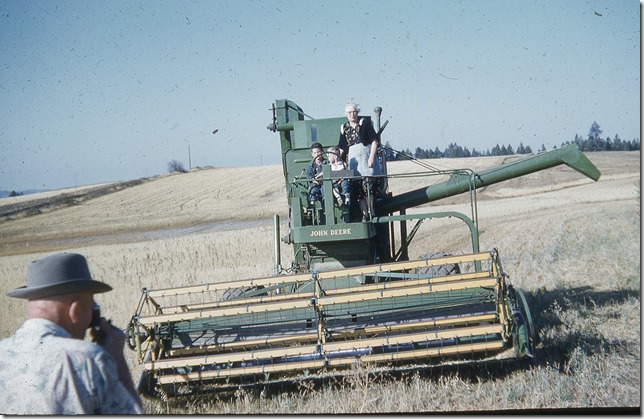
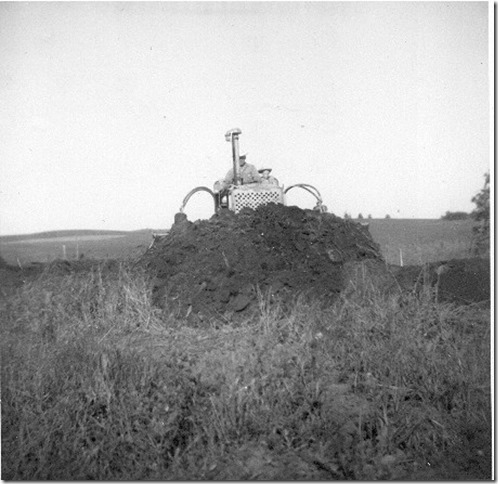
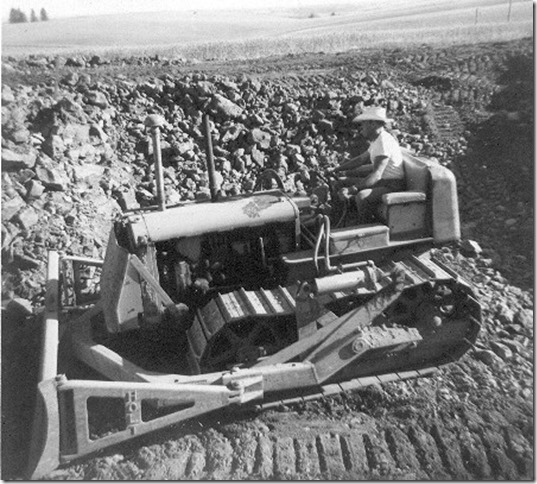
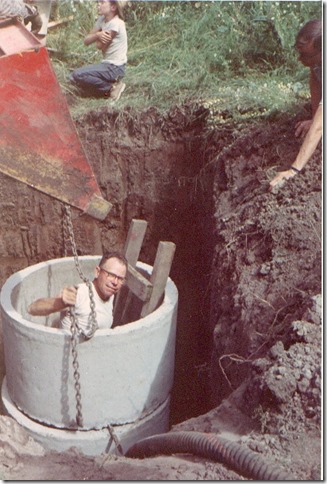
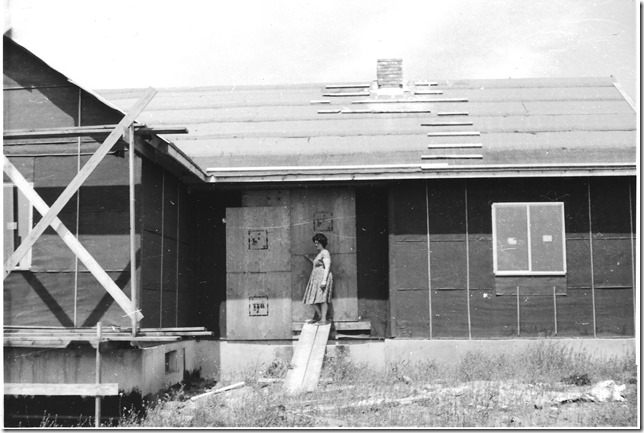
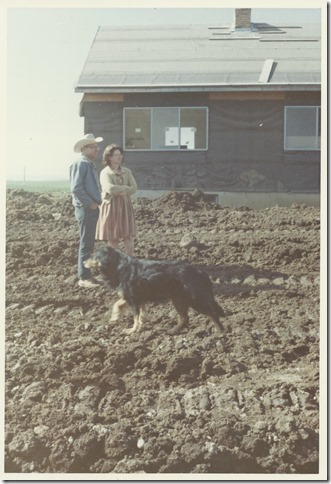
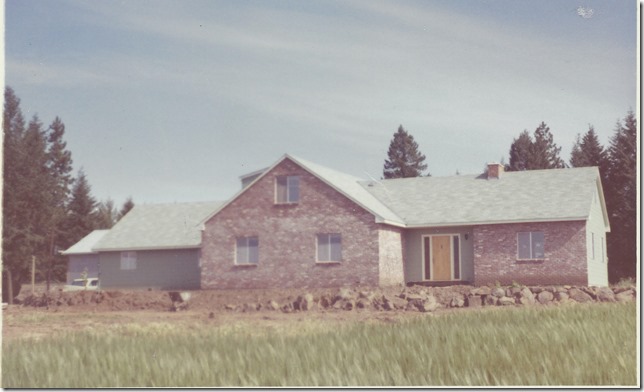
Thanks for sharing. I have similar stories of farm house with single pane windows which the glass has slipped down a bit allowing snow to blow in. By the time I was three had moved to a house with indoor plumbing and I remember what fun it was to get up on a cold winter morning and melt holes in the ice that had formed in the toilet over night. In some ways we were privileged. We had parents that cared. We learned a work ethic. We didn’t worry about getting mugged or anything like that. Run over by a tractor or caught in a PTO, now that we learned to pay attention to. We also learned independence, to be able to provide for ourselves and responsibility. Three things that I believe are the biggest things missing in our society today.
It pleases me that someone here knows what a PTO is.
🙂
I agree with your conclusions.
I forgot to add that we also learned respect and to be careful around a buzz saw. I assume from where you lived that one or more of those houses had wood heat. Thus you probably have been familiar with that finger shortener known as a buzz saw.
All the houses had wood heat. We didn’t have anything we called a buzz saw involved in cutting firewood. There was the chain saw, axes, splitting mauls, and splitting wedges which could all cause serious injury.
We had a table saw, a radial arm saw, and a handheld circular saw. All of these were used in carpentry and had great potential to shorten fingers.
Thank you for sharing these Joe. The remind me of my in laws up state in PA. My father in law joined the USMC because all in all it was easier than farming.
Indoor plumbing…Mom and Dad got a house with indoor plumbing 10 years after I went off to college and was in the Air Force. Mom said she was heading off to the “path room” and when it snowed Dad said the seat was “fur lined” after it drifted in. Society these days has no clue.
There were neighbors who still lacked a flush toilet when I was at least in the 4th grade.
I was lucky. We moved to a house with indoor plumbing when I was 3, got electric utilities when I was 4, and television when I was 11. Still, first grade was one room school house and then a two-room schoolhouse. And my teachers only had a high school diploma. At 9 years old I had thyroid cancer surgery and survived.
We had a crank style phone until I was in the 3rd grade. Our ring was three shorts. When the telephone company put in rotary phones and no longer supported the crank phones Mom and Dad protested the price increase and declined telephone service for a year. We then got the rotary phone service on a ten party line (max capacity) but there were only about four homes on the line so the line wasn’t all that busy.
We had a black and white TV until I was probably in about the 6th grade.
We too had a crank style phone but it mostly did not work (it was farmer managed – the poles were just hand cut saplings). We did not get a real phone until I was 14 and we were in the process of moving to Colorado.
In dairy country, we also shoveled tons of manure. There’s some privilege right there; all the manure you could want or need.
Then there was the task of stacking hay bales in the top of a tin-roofed barn in mid afternoon in the heat of summer.
How many could even handle that kind of privilege?
Actually, in fact, as kids we did consider ourselves privileged. On the occasion of having visitors from the city (“City Kids” as we called them) and witnessing their paleness, flabbiness, weakness, poor balance, fear, and general lack of coping skills, we knew for a fact that we were, indeed quite privileged.
We had a combination of pity and contempt for city kids. Those who want to learn to overcome their deficiencies are one thing, but for the most part the weak and the fearful, and thus the envious of the strong, are prone to dishonesty, and to collusion in attempts at subtle manipulation (e.g. making up terms like “white male privilege”).
The Confederacy of the Envious (the papal, Jesuit, leftist, fascist, jihadist mindset) is acting out of jealousy and contempt for honest strength and right morals. It’s the kind of blistering, murderous hatred that can only come from the morally weak and dishonest against the honest, principled and confident.
Rather than seek to learn positive skills and build a life by serving others in peaceable, voluntary exchange, reinforced in faith, which they view as the sucker’s path, they seek to annihilate the objects of their envy, just as Cain murdered Able (which also BTW explains why they don’t care about the Laffer Curve).
That of course requires the mental gymnastics of flipping everything upside down and backwards; good must be progressively re-imagined to seem evil, and evil becomes the good. Convincing whole nations, in turn, to believe that good is evil and evil good, requires great cleverness. Rather than nurture their connection to true strengths, fundamental principles and morals then, The Confederacy nurtures their cleverness in subtle deception, secret manipulation and mass destruction.
THAT is why we’re now discussing, in public, such idiotic terms as “white privilege” and all the other papal pig-latin, Masonic machinations, and Jesuit jibber-jabber;
Cain murdered Able, and the leftist/jihadist/papists, for exactly the same reasons, want all of Western Civilization, which is (or was) Protestant civilization, wiped off of the face of the earth forever. AND they will, for the most part, get their way, partly because they already have us eschewing what we’ve been trained to think of as “fundamentalism”.
I had to hand milk cows before and after school. Manure shoveling was part of the job too. I also did the hay stacking under the peak of the roof when the outside temperature was pushing 100 F. It must have been pushing 120 F in the peak of the barn. And it was incredibly dusty (hay dust) too. The small pieces of hay stuck to your sweaty body and you came out looking like you were a breaded pork chop.
Me too. Milking was a common chore for everyone. And you had to be a little careful in haying or you could be stung or bitten by a snake.
You left out the part where city kids couldn’t/wouldn’t get (not even their hands!) dirty. It was pretty funny to see them almost tiptoeing around the farm afraid to touch or even brush up against anything.
Joe, you should make this a sticky. Because the comments will go on for months.
I’m the youngest of 5 boys, my father was a logger/ lumber & sawmill worker in west Oregon in the “50s”. when mom said were having “poached” salmon for dinner. you knew it had nothing to do with being boiled! But that’s a joke, as you did ask what was for dinner. you just sat down and ate as much of whatever you were given.
I went on to become a carpenter, cement mason/ rodbuster, for the better part of 40 yrs.. I get to feel all that privilege every morning,( just getting out of bed.)
You and Lyle spoke of stacking hay, I remember the first time I ever saw one of those giant hay balers. I thought, thank god! no one will ever ask me to pick up one those!
Done. Although I think the comments will still close automatically after a couple weeks. I’ll look into that.
What town in west Oregon? I’m from that area, albeit born in 1981. Lots of timber harvesting around my area.
Oakland. just north of Sutherlin.
I grew up with a party line telephone, no A/C (in Charlotte, NC). My 9 month old shoes came off on the last day of school except for church, and I got new ones before school restarted on Labor Day. My brothers and sisters were told each summer morning to be back by dark. We played in the fields, pastures & barnyard of the farmer a mile away through the woods from our home, which was on a gravel road.
I had someone trying hard to get me to admit to my “white privilege” in a conversation once. I learned during that conversation that he and his family, while living in the Phillipines,had “house maids” who cooked, cleaned, got the kids ready etc. etc. every day.
A half black, half Filipino man could not see the irony of telling me I was privileged while admitting he had live in maids.
“White male privilege” means paying the taxes to support the whiners accusing you of “privilege” while they see no trace of irony.
Nothing changes. We even have an old saying for it;
“Biting the hand that feeds you”
Those who live off of the labor or the creative impetus of others are obliged to disparage their benefactors. It helps them to feel less guilty, apparently, to think of their support drones (“the masses” or “the work force”) as inferior and worthy of contempt. The mere passing thought of working like we have, and do, with nothing but a free market to determine their financial worth, makes the elitist sick to his stomach, and he seeks to make others feel the same way.
The problem is the whole system of coercive redistribution. Coercion is a crime, and also a system of “government”. Make it a crime for everyone, regardless of status, title or station, and these problems are gone overnight. A system based purely on merit of course will make some people extremely nervous, and they’ll fight tooth and nail (and maybe even work hard!) to avoid any such system.